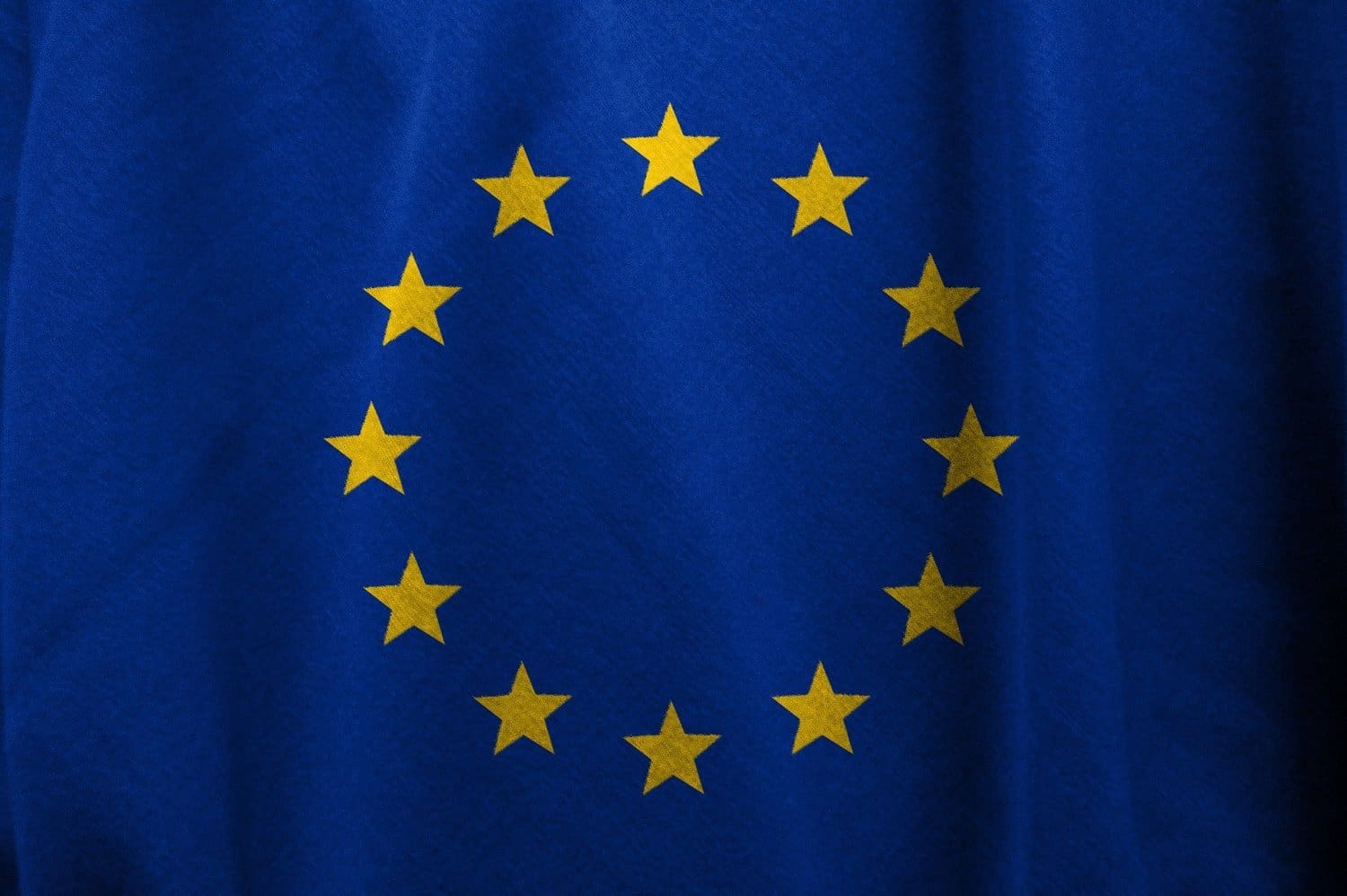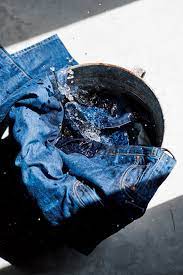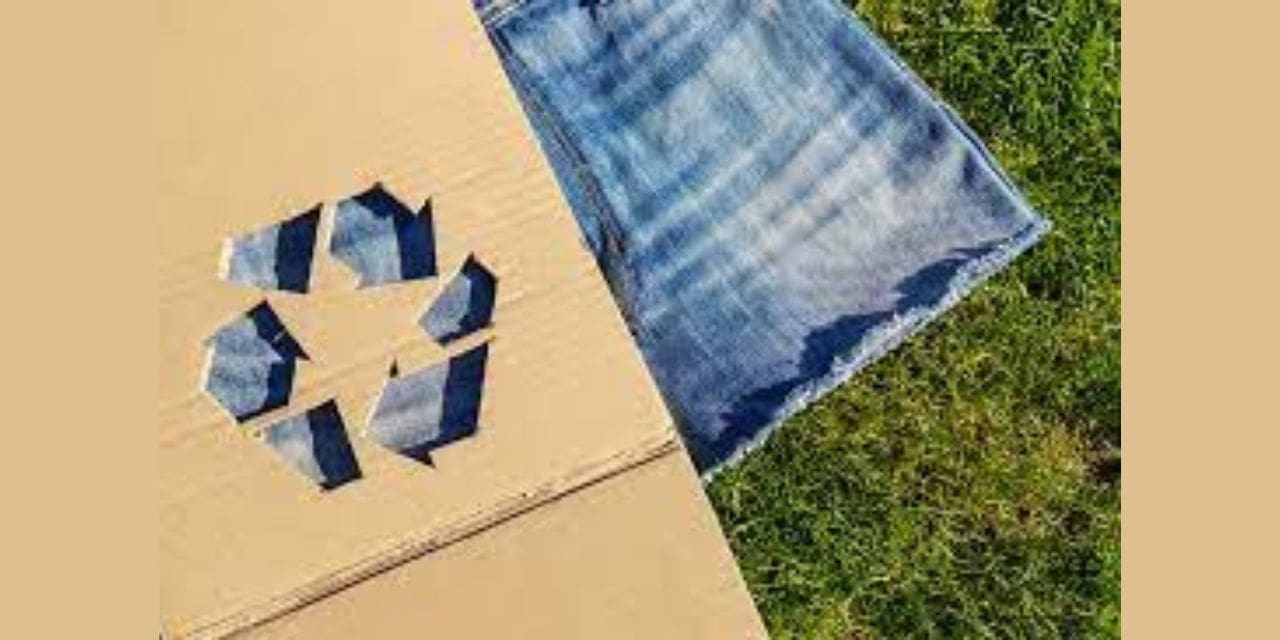By TVC Team
The European Union is introducing mandatory corporate sustainability due diligence legislation aimed at addressing sustainability issues in various industries, including fashion. The legislation is expected to be finalized in the near future, with a focus on enhancing sustainability practices and supply chain transparency.

The fashion industry has faced criticism for its environmental and social impact. The EU’s sustainability due diligence legislation aims to hold companies accountable for their actions along the value chain, including the adverse impacts on human rights and the environment. It seeks to promote sustainable and responsible corporate behaviour, making it a crucial step toward addressing sustainability challenges in the fashion industry.
EU Sustainability Due Diligence Legislation
Background information on the legislation:
The proposed legislation is known as the Corporate Sustainability Due Diligence Directive (CSDD). It aims to require large companies, both within and outside the EU, to undertake due diligence on their activities and those of their suppliers. The directive seeks to identify, prevent, mitigate, and address adverse impacts on human rights and the environment caused by business operations.
Objectives of the legislation:
Foster sustainable and responsible corporate behaviour: The legislation aims to encourage companies to adopt sustainable practices and take responsibility for their social and environmental impact throughout their value chains.
Address adverse impacts on human rights and the environment along the value chains: By implementing due diligence procedures, companies will be required to identify and mitigate any adverse effects on human rights and the environment caused by their activities, including those within their supply chains.

Potential Impact on Denim Manufacturers and Fashion Brands
Increased scrutiny and accountability:
Denim manufacturers and fashion brands will face heightened scrutiny regarding their sustainability practices. They will be accountable for ensuring compliance with the legislation’s requirements, which may involve extensive reporting and transparency measures.
Compliance requirements and implications
Companies will be required to establish due diligence procedures to identify and address potential adverse impacts on human rights and the environment within their supply chains. Compliance with the legislation may necessitate significant operational changes, including revising sourcing practices, improving supplier relationships, and implementing sustainable manufacturing processes.
Enhanced traceability and transparency in the supply chain
The legislation will drive the need for enhanced traceability and transparency in the fashion industry’s supply chains. Denim manufacturers and fashion brands will be expected to track and disclose information regarding the origin, production processes, and social/environmental impact of their products.
Supply chain management and risk mitigation
The legislation will necessitate robust supply chain management practices to identify and mitigate potential risks related to human rights violations, environmental damage, and other sustainability concerns. Denim manufacturers and fashion brands will need to implement measures to ensure responsible sourcing and address risks effectively.
Market competitiveness and consumer expectations
Compliance with the EU sustainability due diligence legislation can enhance market competitiveness for denim manufacturers and fashion brands. Consumers are increasingly demanding sustainable and ethically produced products, and companies that prioritize sustainability are likely to attract a growing customer base.
Efforts to Prepare the Supply Chain for New Sustainability Standards:
To prepare for the new sustainability standards mandated by the EU legislation, denim manufacturers and fashion brands can take several proactive steps:
Collaboration and engagement among industry stakeholders: Collaboration between brands, suppliers, industry associations, and NGOs can facilitate the sharing of best practices and the development of sustainable solutions.
Adoption of sustainable practices and technologies: Embracing sustainable manufacturing practices, such as using eco-friendly materials, reducing waste, and implementing energy-efficient processes, can align companies with the legislation’s requirements and improve their environmental performance.
Integration of sustainability considerations into operations and corporate governance: Embedding sustainability into corporate strategies, policies, and decision-making processes can ensure long-term commitment to responsible business practices and compliance with the legislation.
Supply chain mapping and traceability systems: Implementing robust systems to map and trace the entire supply chain will enable better visibility into suppliers’ practices, ensuring compliance and addressing sustainability risks.
Training and capacity building initiatives: Providing training and capacity building programs for employees, suppliers, and other stakeholders can help foster a culture of sustainability and ensure a thorough understanding of the legislation’s requirements

